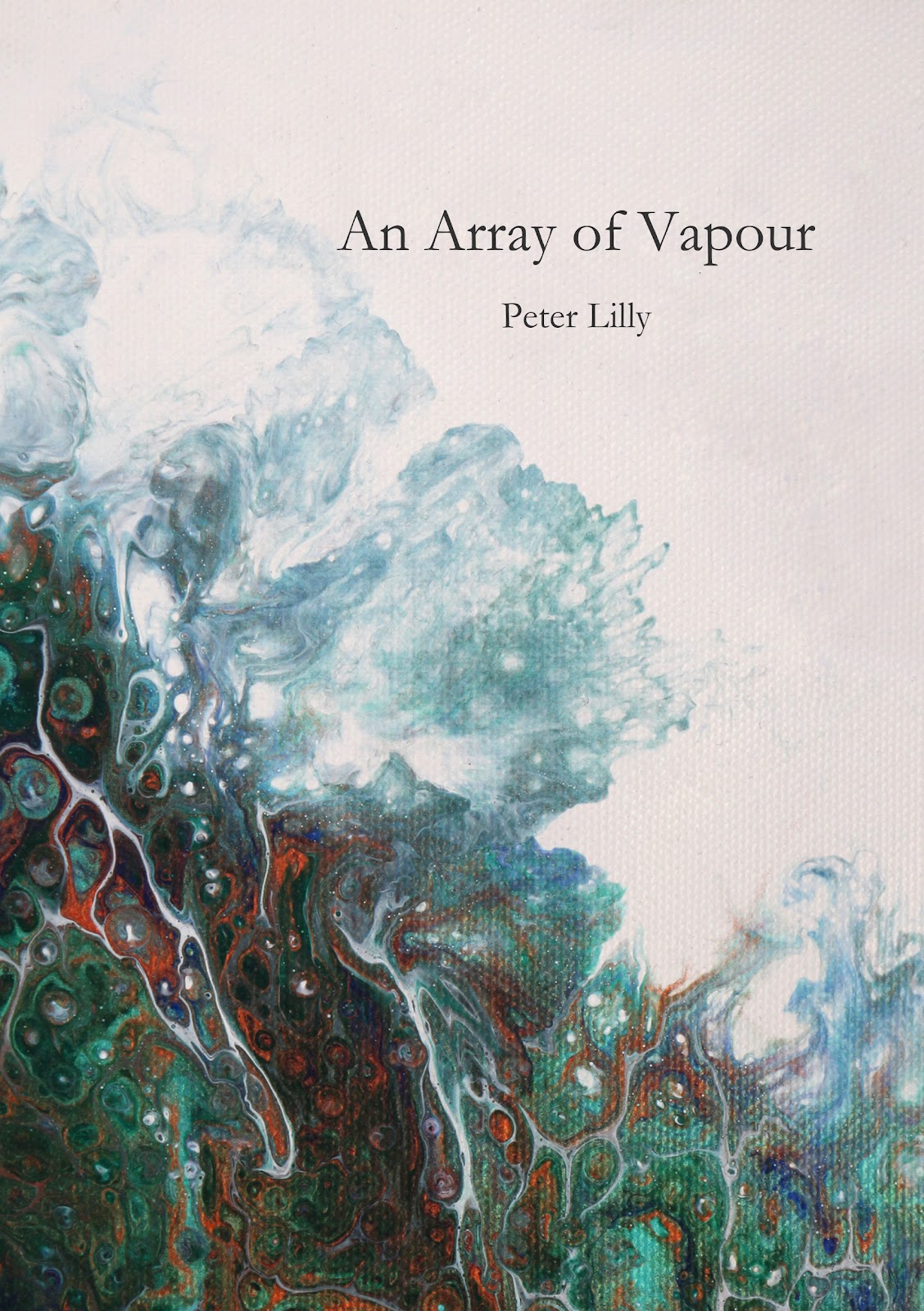Dependance: A Prayer
Abba
father
May I not be yet,
Clay that has been cast and set.
But in humble recognition
Of my nature fallible,
May I remain childlike
And in your hands malleable.
May I not be yet,
Clay that has been cast and set.
But in humble recognition
Of my nature fallible,
May I remain childlike
And in your hands malleable.
May
I bow before you
In
broken dependence,
Salvaged
by your
Unreachable
transcendence,
Which
stretched the distance
From
holiness to degradation
To
plant inside flesh
The
seed of salvation:
The
very will of God,
Who
chose as his raiment to endure
Rejection humiliation and
harrowing
slaughter, to procure
That
which humanity
Alone
could never reach,
As
the stains of our folly
The
blood of Jesus did bleach.
May
I never fall
For
any idol of allure,
But
remain in a garment
Cleansed
and pure.
Lord,
bid every facet
Of
my heart to stay
in
your hands only,
With
which you forged night and day,
And
keep me forever pliant
As
the potter's unfired clay.
Mark 10:13-16; 1 John 2:1-16.
SPOILER ALERT... The following is a short explanation of where this poem came from and my use of structure and poetic devices. It's probably best to read the poem more than once to build your own picture of it before reading my dissection of it.
Written after re-reading a few Hymns/Poems by William Cowper, George Herbert and Charles Wesley. I was struck how the rhyming and rhythmic structures gave their poetry such devastating movement and added greatly to the emotion and the message of what they communicate about God, and humanity before God.
As someone who usually, but not exclusively writes in free verse it is easy to feel constricted by writing in strict structure. However, I always find that if I give the poem the time and effort required, constructing within these rhythms is very liberating, and allows one to write in deliberate layers. In this poem for example, using a simple rhyming structure at the same time as using more complex synonyms, I try to communicate in layers of contrast something of the complexity of human situations within the simplicity of submission to God. The rhythm and the rhyme are supposed to communicate something of the meta-narrative of the poem, defined in the first and last stanzas.
The meta-narrative is this: If the universe is created and sustained but a God who wants to be known and recognised by humanity, then trying to ignore and live independently of God will cause a life of dissonance. Childlike submission to God will begin to give life a harmony, even in the midst of chaotic and complex situations. Just as Christ's dependance on and submission to God when looking at the cup he had to bear, gave him the inner peace he needed to defeat death bleach 'the stains of our folly'.


Comments
Post a Comment